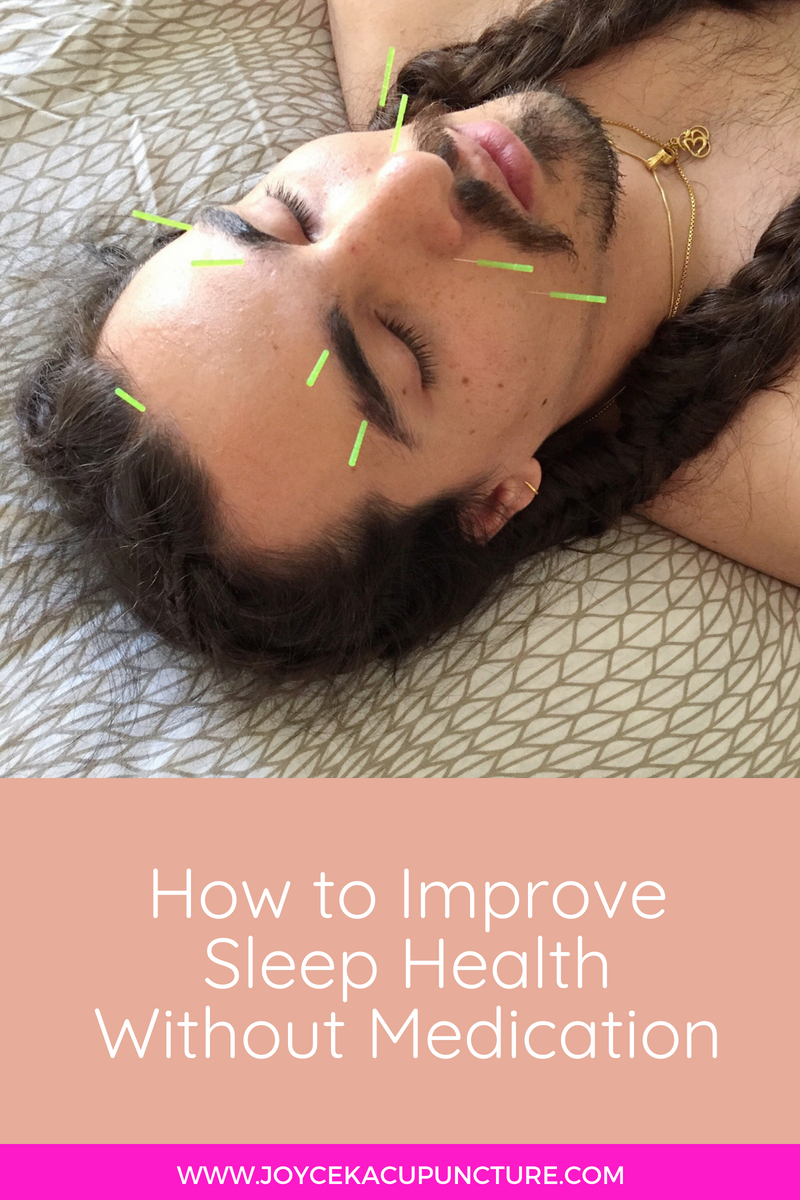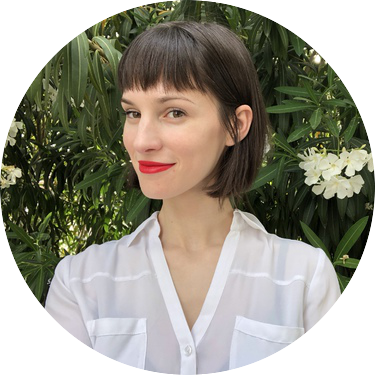|
By Samantha Kent Do you struggle to sleep at night? In the United States, 35 percent of adults don't get the recommended seven hours of sleep each night. Inadequate sleep can lead to mental and physical health issues. People who sleep less than seven hours per day on a regular basis are at a greater risk of developing obesity, heart disease, high blood pressure, diabetes, stroke, and frequent mental distress. Those who sleep a sufficient amount may be at lower risk for these diseases. Stress, sleep disorders, medical conditions, and bad sleep habits can cause sleep loss. However, simple lifestyle changes and alternative treatment may be enough to put your sleep habits back on track and improve your overall health. Treatment Options for InsomniaTreatment options for insomnia include cognitive behavioral therapy, prescription medications, over the counter sleep aids, lifestyle changes, home remedies, and alternative medicine including acupuncture.
Although prescription medications are commonly available for sleep difficulties, doctors generally don't recommend them for extended use. They can have side effects such as daytime grogginess and an increased risk of falling. They can be habit forming as well. Over the counter sleep aids have their own side effects, such as dizziness, confusion, cognitive decline, and daytime sleepiness. Many people aren’t willing to deal with these side effects. Although they aren't as easy as taking a pill to get to sleep, non-medication treatment options are generally preferable and more effective in the long term.
Alternative treatments may be a good resource to explore to address your insomnia. They don't have habit-forming problems, like medication, and many studies have shown that treatments like acupuncture show promise in helping people who sleep poorly. This is a guest post from Samantha Kent, a researcher for SleepHelp.org. Her favorite writing topic is how getting enough sleep can improve your life. Currently residing in Boise, Idaho, she sleeps in a California King bed, often with a cat on her face.
0 Comments
Your comment will be posted after it is approved.
Leave a Reply. |
Terms and Conditions | Privacy Policy
Copyright © 2016-2024 JOYSOMA Acupuncture. All Rights Reserved.
Copyright © 2016-2024 JOYSOMA Acupuncture. All Rights Reserved.


